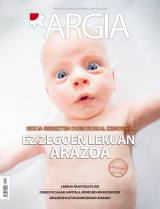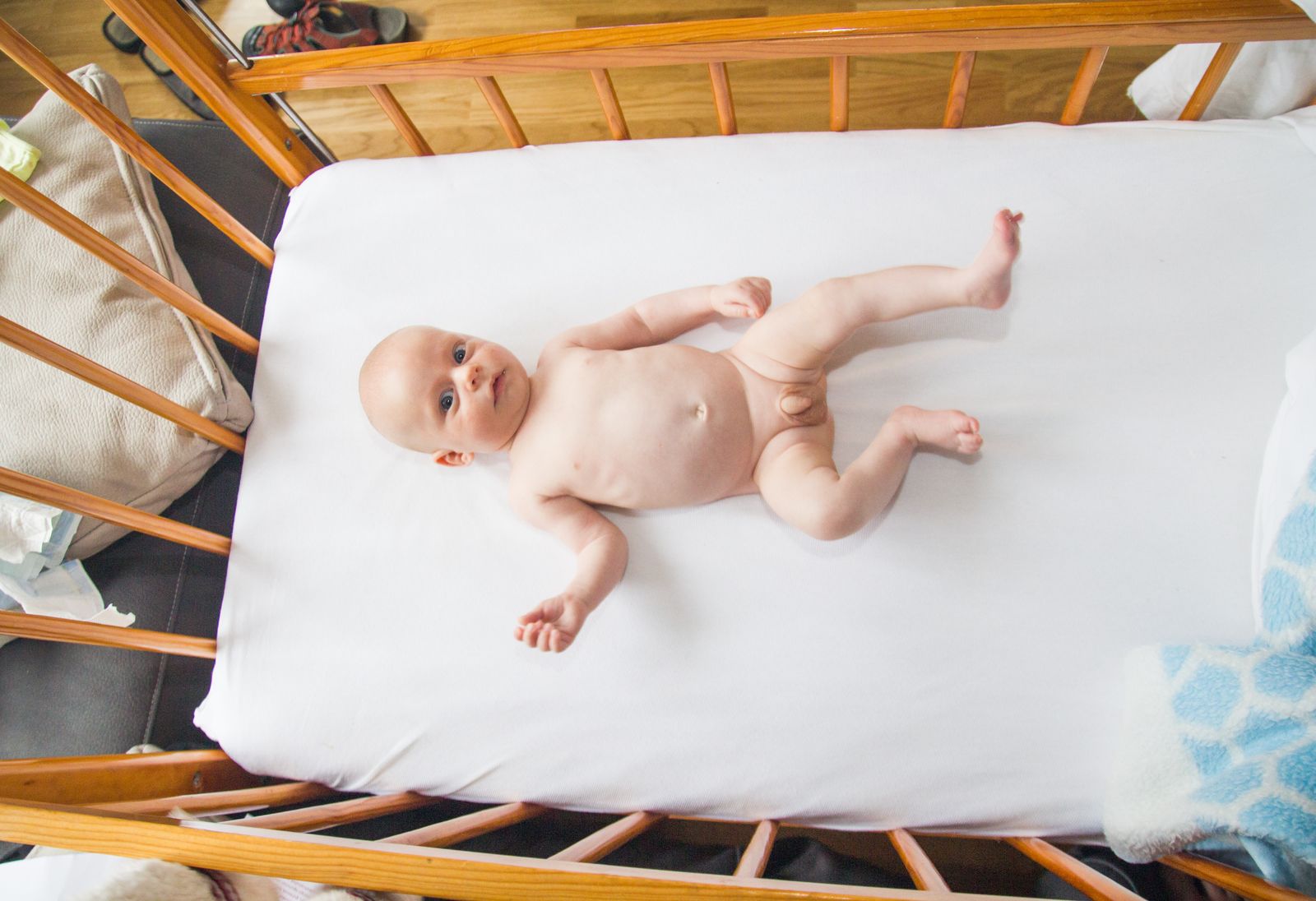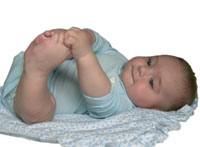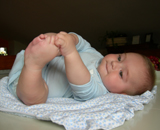Euskaltzaindia first approves names that do not have gender marks
- In 2011, Euskaltzaindia published a nomenclature based on the binary approach (men and women). The hundreds of non-gender Basque names have been altered and have since become a barrier for many families. After receiving many criticisms, the Royal Academy of the Basque Language has opened the door to mixed names. For the time being, of the 4,730 names, 445 appear on the list of names without gender marks.

The updated Gazette is available on the Euskaltzaindia website. In addition to names for women and men, the list of names without gender marks – epithelial names – now also appears. At the moment, 445 names appear, most of them related to toponymy. This classification leaves out for the moment many names without very common gender marks: Earth, Fire, Wind, etc. But it's an important precedent. The new Basque Language Academy Nomenclature has stated that "the new Basque Language Nomenclature will be open and will be updated periodically".
Euskaltzaindia has offered some examples of mixed names that have been accepted: Abodi, Aiuri, Amaiur, Amets, Araitz, Argi, Bihotz, Garai, Gorbeia, Haize, Iparla, Iraultza, Itzel, Kemen ka, Larraine, Lizar, Luzaix.
Sexist Nomenclature, “bound by Spanish law”
The 1957 Law expressly prohibits in the Spanish State “names that mislead on sex”. 44 years later, Euskaltzaindia introduced a binary gazetter that would affect all the inhabitants of Iparralde and Hegoalde. The Euskaltzaindia Nomenclature is the main criterion used in the Registers for approving or rejecting the names of children. In 2016, Euskal Herriko Bilgune Feminist published the brochure Nombre y Ser Ezbaian. In August of that year, following a report published in ARGIA, a member of the Euskaltzaindia recognized that they had invented the criterion and that it was very difficult for them to distinguish between boys and girls in the names: we are trapped.”
Euskaltzaindia informed the Ministry of Justice in January 2018 that there are names of people who do not have a male or female gender in Euskera exclusively, so he called for a more flexible application of the legal rules in force in the civil registers.
In July 2016 we published a report and analysis on the topic:

Bai, bai, holaxe. Ez naiz harago joatera menturatzen. Pleonasmo bat dela? Tautologia bat agian? Baliteke, baina egia-oste deitzen dioten garai honetan, oinarri-oinarrizko egitateak beharrezkoak dira. Begira, bestela, “Ez da ez!” lelo indartsuari. Bagenekien hori... [+]
Euskaltzaindiak 2001etik aurrera sexuaren araberako bereizketa finkatu zuen izenetan baina IKAren Deklinabidea aplikazioa garatzen ari nintzela salbuespenak badirela konturatu nintzen. Badaude Euskaltzaindiaren gizonezkoen eta emakumezkoen ponte-izenen zerrendetan, bietan,... [+]
Euskaltzaindiak adierazi du aurki Ministerioarekin euskal izendegiarentzat “bestelako bideak asmatzeko” harremanak hasi nahi dituela.
Abuztuaren 1eko Teleberrian ARGIAren azken aldizkarian argitaratu dugun euskal izendegiari buruzko erreportajea eta analisia izan dituzte hizpide. Etxean semearen izenarekin bizi izan dugun kasuari buruzko albistean, Euskaltzaindiko kide batek aitortu du izendegia sortzeko... [+]
“Izena eta izana ezbaian” gida praktikoa aurkeztu dute Bilgune Feministak eta Emaginek. Euskarazko izendegiaren binarismoaren inguruko gogoeta piztu nahi dute.
When it was already a choir, we came up with the idea of the Queer theory, not so long ago, and it promoted debates among friends. Young friends told us that the sexes aren't just two, they're a blast. We, on the other hand, are two, from the point of view of their role in... [+]
Kontsulta jarri beharko dut martxa honetan. 2007ko urrian erreportajea idatzi nuen Hego Euskal Herrian jaioberriaren izenaren sexuarekin eta grafiarekin dauden arau zorrotzei buruz (malguagoak dira Iparraldean), eta oraindik zalantzaz beteriko iruzkinak jasotzen ditu... [+]
- "Euskal izendegia. Ponte izendegia. Diccionario de nombres de pila. Dictionaire des prenoms" liburua aurkeztu zuen ostiralean (14) Euskaltzaindiak, Eusko Jaurlaritzako Justizia Sailaren babesarekin. Bertan, 2.264 izen jaso dituzte bakoitzaren azalpen eta guzti... [+]

















